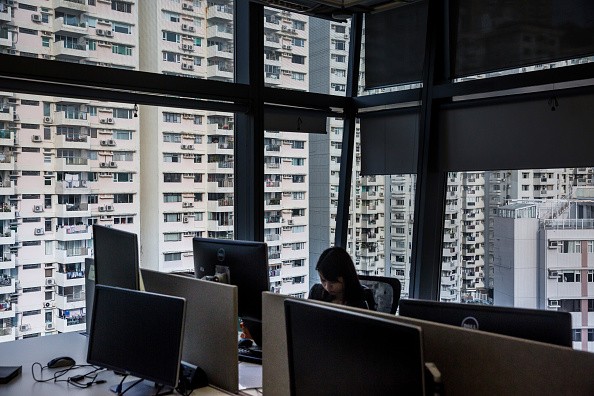Incoming Hong Kong leader Carrie Lam’s promises to make property prices more affordable could end up unfulfilled as mainland Chinese developers continue to bid up property values, the Straits Times reported.
According to research group Demographia, Hong Kong is the most expensive place to live in the world, with a common apartment costing about 18.1 times the gross annual median income.
“Anything over a multiple of 5.1 is usually deemed as being ‘severely unaffordable,'” Denis Ma, head of research at JLL in Hong Kong, told the Straits News.
Since 2013, property prices have increased 364 percent, while the median monthly household has barely kept up, registering a 61 percent increase within the same period. This has pushed many Hong Kong residents away from home ownership.
As a response, mass protests have been organized throughout Hong Kong. One of the largest gatherings was the 2014 protest, when parts of Hong Kong were paralyzed for more than 70 days.
To tackle the problem, Carrie Lam has promised to increase the supply of housing and land as soon as she assumes the chief executive position on July 1. Experts believe, however, that Lam may be in for a surprise.
“If the government wants the housing market to grow at a stable rate, this will be a very big challenge,” Alice Mak, head of the Hong Kong legislature’s housing panel, said in an interview.
To succeed, Lam must face developers from mainland China, who have been investing capital and driving up property prices.
Hong Kong developers are slowly being pushed out of the real estate industry as a significant number of plots of land sold by the Hong Kong government have been purchased by Chinese companies. Furthermore, Chinese firms have closed more attractive deals than local competitors.
According to KWG Property, a mainland developer, real estate developments are more profitable in Hong Kong than China due to lower lending rates and taxes.



























